
What To Do With Old TV: Your Ultimate Guide
Wondering what to do with an old TV? Here are your best options: Interested in more details on each of these options? Keep reading! Option
Home » Junk Removal Tips » Page 12
These days, it looks like everyone is distracted with their lives. With everyone rushing around continuously all day, keeping your home or garden junk-free can be very challenging. With such a hectic schedule, it is a wise idea to start adopting a few new habits. This way, you keep your house tidy and organized. All you need is one or two days each month, and you can considerably reduce the junk and disorder from your house.

Wondering what to do with an old TV? Here are your best options: Interested in more details on each of these options? Keep reading! Option
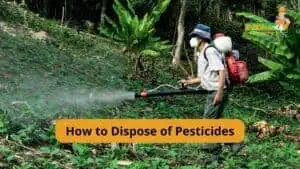
Pesticides play a crucial role in agriculture and pest control, but their improper disposal can have severe environmental and health consequences. You should always be

Want to know how to get rid of box springs? Not sure whether you should donate, sell, recycle, or dispose of it? Here are some
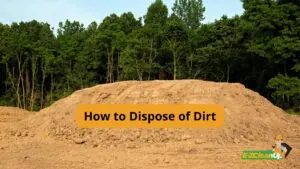
If you’re wondering how to dispose of dirt, here are your best options: I’ll explain each step in detail. So, continue reading to learn more!
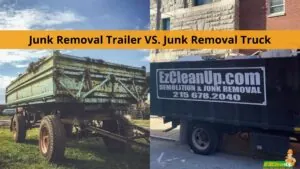
A junk removal trailer is a detachable unit towed behind a vehicle, whereas a junk removal truck is an integrated vehicle designed specifically for hauling
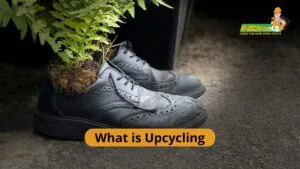
Upcycling is the method of converting waste materials, by-products, or unwanted items into new products of higher quality or value than the original. It’s an
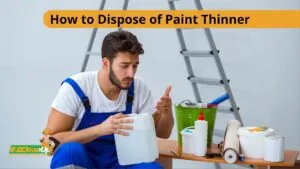
Done with your project and now you want to know how to dispose of paint thinner? Follow these steps: Don’t pour it down the drain
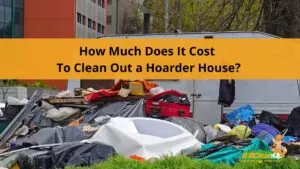
Cleaning out a hoarder house typically costs between $150 for a 1/8 truckload and $599 for a full truckload, but it can be higher if
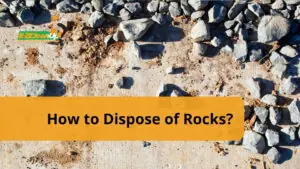
Disposing of rocks can be done through reuse, selling, donating, breaking down, recycling, hiring rock removal services, or renting a dumpster. Explore the cost-effective and
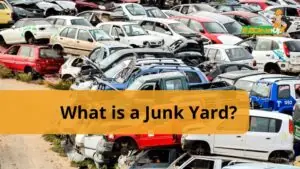
A junkyard is a place where old or unusable vehicles, appliances, and other discarded materials are stored, dismantled, and often recycled. It serves as a